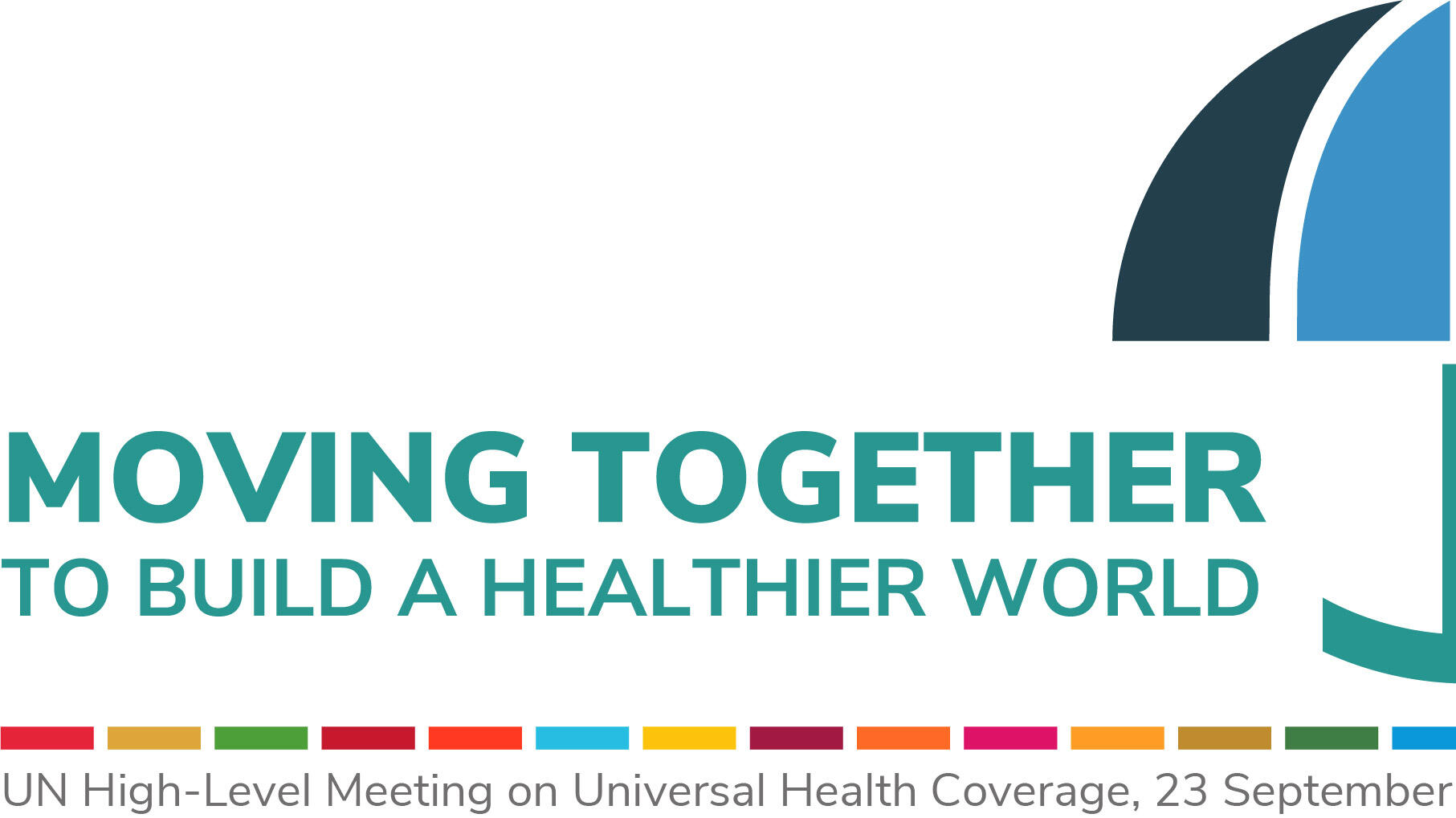
In advance of the upcoming UN high-level meeting on the topic, LSTM’s Professors Louis Niessen and Bertie Squire have published a long comment paper in the journal Lancet Global Health looking at universal health coverage and chronic conditions, including both chronic infections and non-communicable diseases.
Commenting on two papers published in the journal they look at prevention and treatment packages for chronic conditions and focussing on the question of equity, not only the inequalities between population subgroups but also between countries, to be properly addressed to ensure that targets set as part of the Sustainable Development Goals can be achieved.
Professor Health Economics, Dr Louis Niessen, said: “In the wake of rising non-communicable disease prevalence in an ageing world populations and the recognition that increased survival brings late chronic consequences in HIV, post-TB lung damage and chronic morbidity from NTDs such as lymphatic filariasis we need a shift towards the development and stepped-up provision of new and up-scaled integrated models of treatment and care for chronic conditions especially in low-income and middle-income settings.”
Introducing a study from Lung et al. that reports on both the health and economic benefits of a fixed-dose combination triple pill for the treatment of high blood pressure in comparison with the usual care management, they refer to the successes in HIV and TB control and signal the potential for improved compliance and further reduction of major illness events and mortality. The study led to an unusually rapid reaction from WHO, who recently added the first fixed-dose combinations of blood pressure-lowering drugs to its Essential Medicines List.
The comment also includes details of a further trial by Lin et al. which shows the potential health effects and cost reduction of the large-scale introduction of fixed-does combinations, all of which is positive, even though there needs to be a rigorous study into the efficacy of the combined drugs used. A recent long-term trial in Iran showed very promising results. Additional fixed-dose combination trials are needed in low-income settings in cardiovascular risk reduction, prevention of exacerbations in chronic lung diseases, and combined treatment strategies in patient with multiple conditions including both complications from major infections and noncommunicable diseases.
Complex integrated solutions will need increased health funding and changing health infrastructures to reach all the affected populations. “Real-life policy-making in low-income settings is complex and will increase in complexity as more options become available to deal with the health burden of chronic conditions.” Continued Professor Niessen: “Universal coverage of prevention and treatment needs to be a substantial part of any international and national collaborative process to reduce inequalities. The upcoming UN meeting should focus on political leadership beyond health, leaving no one behind and upholding the quality of care for all.”